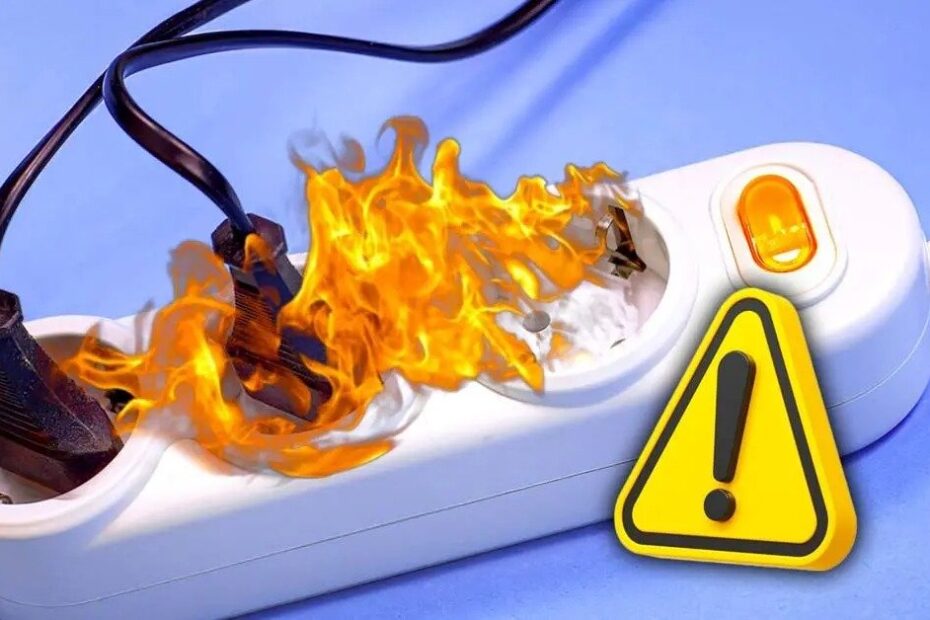Extension cables have become an integral part of our daily lives. Whether at home or at work, it is not uncommon for several devices to be operated at the same time. On the other hand, many vacationers use it in their motorhome. However, special care must be taken when using an extension cord. In fact, many devices should not be connected to it at the risk of causing serious damage!
Find out now which devices should not be connected to an extension cable.
These devices should not be connected to an extension cord.
Connecting devices to an extension cable.
Although useful, the extension cord can become dangerous if overloaded or used incorrectly. This can damage your devices, cause a power outage, or even cause a fire .
It is therefore better to avoid overloading your extension cord by connecting energy-consuming devices . You will find labels on all extension cords, or power strips as many people like to call them, that indicate the maximum power in watts (W) that they can support. Before you choose an extension cable, be sure to find out about its maximum power. Additionally, it is advisable to be aware of the power of the devices you are going to connect to it. If they are found to be consuming energy, do not connect them to your extension cord to avoid the risks mentioned above.
Here are the electrical devices that should not be connected to your extension cord to avoid risks
The refrigerator: Of course, the refrigerator is one of the electrical appliances that consume the most electrical energy (up to 500 kWh per year). Since maximum power can be reached quickly, avoid connecting it to an extension cord . Do the same for the freezer.
Parking heater: When winter is just around the corner, it can be tempting to leave the parking heater running. Remember to plug it into a power outlet and not an extension cord. This way you avoid overloading the latter and at the same time overheating .
The washing machine: note that in France a washing machine consumes an average of 191 kWh per year! To avoid the risk of overheating, it is strongly recommended that you plug it into a wall outlet and not a power strip. Do the same for the dryer.
The microwave: According to TotalEnergies, a microwave whose power varies between 1,000 and 1,500 watts can consume an average of 90 kWh per year. Because it consumes so much energy, it is therefore preferable not to connect it to an extension cord.
The coffee machine: Even though it is not visible, the coffee machine is quite greedy when it comes to electrical energy, with an estimated consumption of 165 kWh/year. Therefore a connection to a socket would be more than desirable.
The toaster: The toaster consumes a lot of energy when used regularly (10 minutes per week), 500 to 1000 W/year. Don’t hesitate to plug it into a power outlet like the coffee maker.
Another Extension Cord: If the thought of connecting an extension cord to another extension cord crosses your mind, forget it! If necessary, the maximum permissible power is actually exceeded and the risks of electrical fire or shock are significantly high!
Other tips to keep in mind when using an extension cord
Discover below some useful tips to avoid taking risks when using an extension cord .
Does your extension cord have an on/off switch? Then remember to turn it off at night or on days when you are not at home. However, make sure that the connected devices do not need power during this time. This way you limit the risk of cuts or fires while reducing your energy consumption .
Get rid of outdated extension cords. Your electrical devices can quickly fall victim to this . If an extension cord appears to be in poor condition or defective, replace it immediately!
Now you know how to use your extension cord correctly and avoid any risks that could be caused by possible overload or incorrect use.
